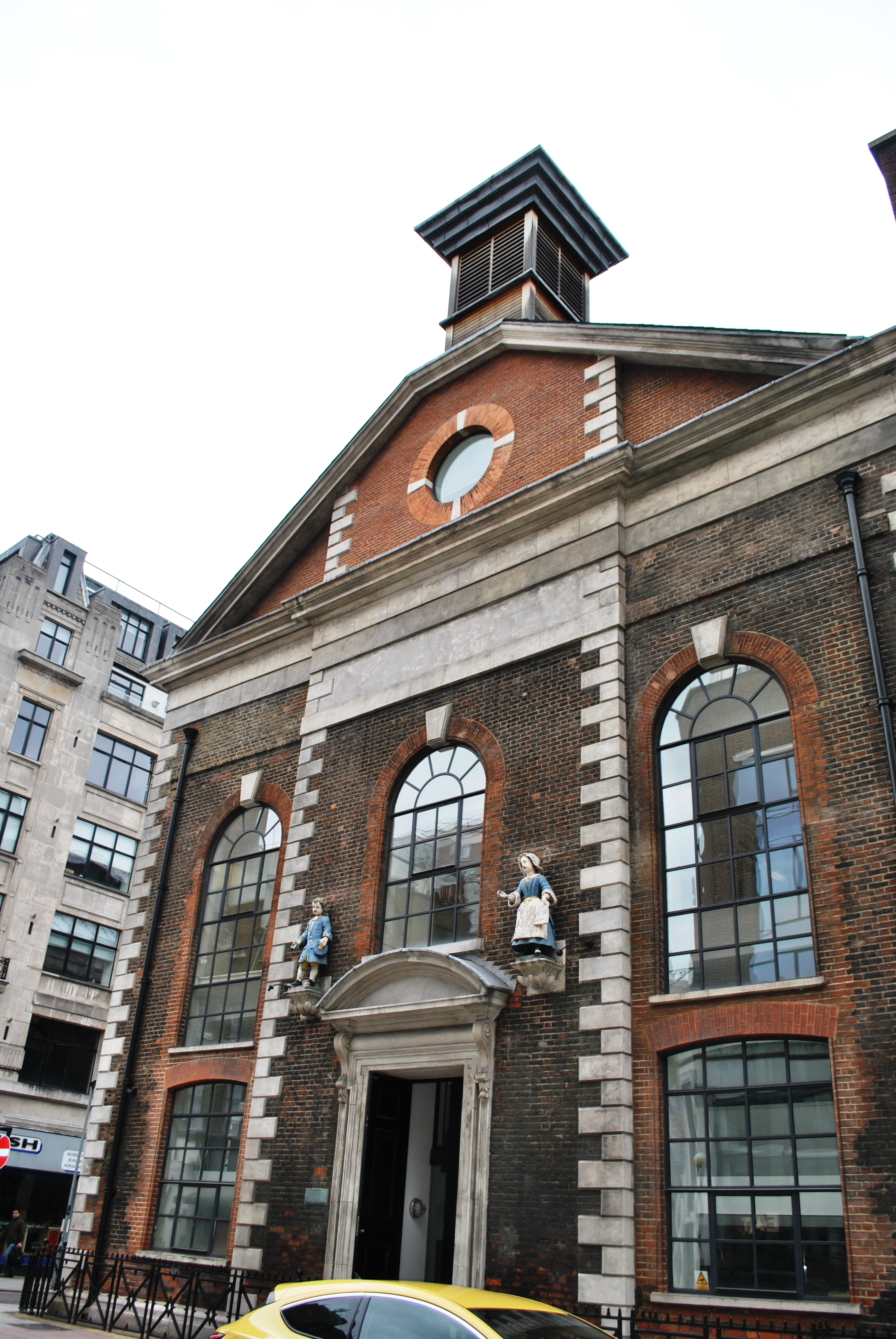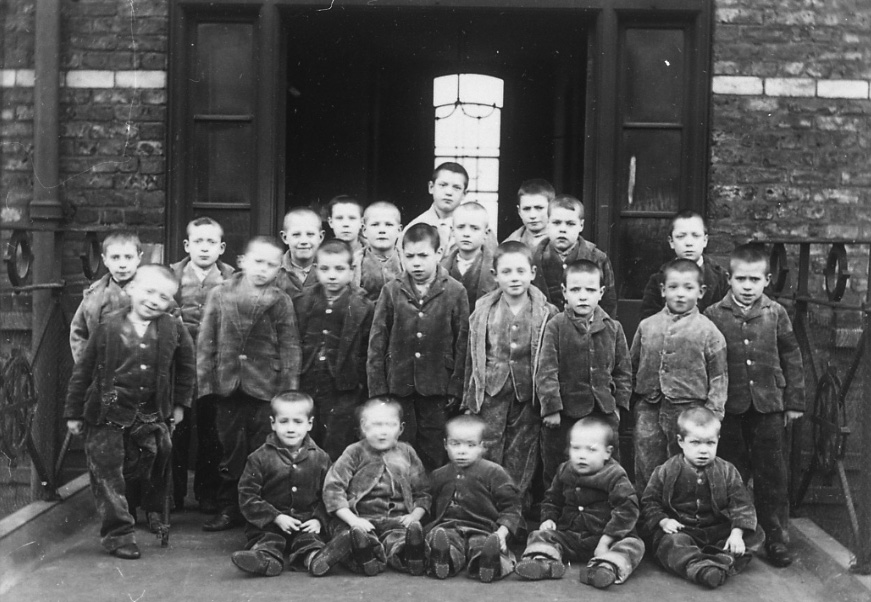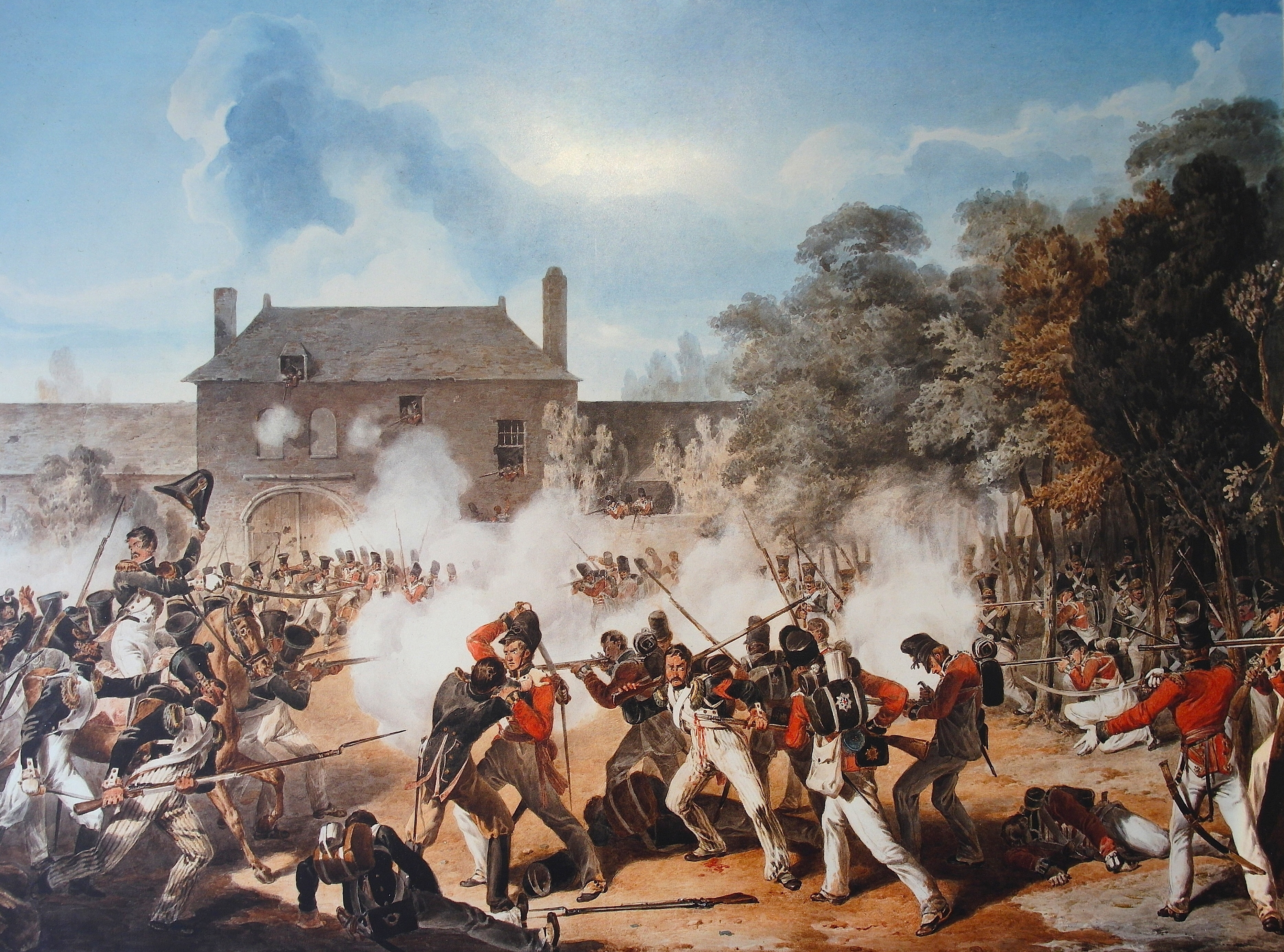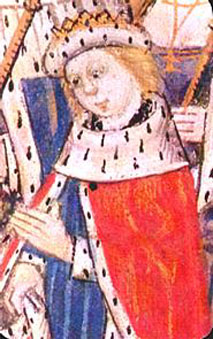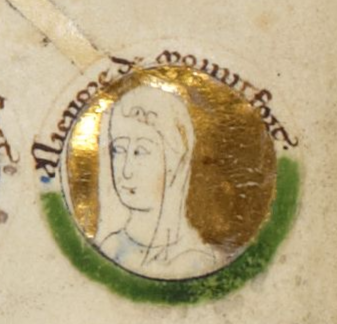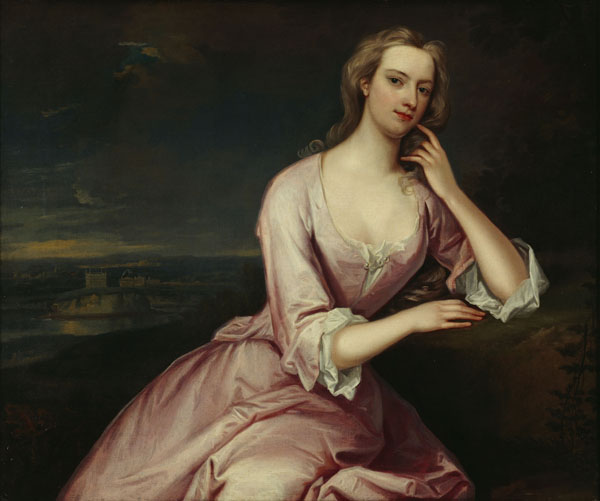|
Henry Nassau D'Auverquerque, 1st Earl Of Grantham
Henry de Nassau d'Auverquerque, 1st Earl of Grantham (born Hendrik van Nassau, 16735 December 1754), was a British Army officer, courtier and peer who was a member of the House of Orange-Nassau and second cousin once removed to William III of England. He inherited the lordship of Ouderkerk aan den IJssel, Ouwerkerk (known in English as ''Overkirk'' and in French as ''Auverquerque'') in Holland, and was a graf, count of the Holy Roman Empire. Life He was born in The Hague to the Dutch general Henry de Nassau, Lord Overkirk, Henry de Nassau d'Auverquerque (called "Lord Overkirk" by the English) and his wife Frances van Aerssen, and baptised there 30 May 1673. On 12 January 1697, he married his first cousin Henrietta d'Auverquerque, Countess of Grantham, Lady Henrietta Butler, daughter of Thomas Butler, 6th Earl of Ossory, Thomas Butler, Earl of Ossory and sister of James Butler, 2nd Duke of Ormonde, James Butler, Duke of Ormonde. In 1698, during his father's lifetime, he was crea ... [...More Info...] [...Related Items...] OR: [Wikipedia] [Google] [Baidu] |
Earl Of Grantham
Earl of Grantham is a title in the Peerage of England created on 24 December 1698, along with the titles Viscount Boston, of Boston in the County of Lincoln, and Baron Alford, of Alford in the County of Lincoln, for Henry de Nassau d'Auverquerque, a British Army officer and cousin of King William III of England. The titles were created with a special remainder, failing heirs male of his body, to his three brothers Cornelius, Maurice, and Francis, in like manner respectively. Since both his sons and as well his three brothers had predeceased him, the titles became extinct upon his death in 1754. Earls of Grantham (1698) Arms of the Earls of Grantham *Henry de Nassau d'Auverquerque, 1st Earl of Grantham (1675–1754) **Henry, Viscount Boston (1697–1718) **Thomas, Viscount Boston (1700–1730) In fiction Screenwriter Julian Fellowes used the title, Earl of Grantham — although as a fictional one and according to the storyline created in 1772 in the Peerage of Great Brita ... [...More Info...] [...Related Items...] OR: [Wikipedia] [Google] [Baidu] |
Duke Of Ormonde
The peerage title Earl of Ormond and the related titles Duke of Ormonde and Marquess of Ormonde have a long and complex history. An earldom of Ormond has been created three times in the Peerage of Ireland. History of Ormonde titles The earldom of Ormond was originally created in 1328 for James Butler. For many subsequent years, the earls took significant roles in the government of Ireland, and kept a tradition of loyalty to the English crown and to English custom. Several of the earls also had reputations as scholars. The fifth earl was created Earl of Wiltshire (1449) in the Peerage of England, but he was attainted in 1461 and his peerages were declared forfeit. The earldom of Ormond was restored to his younger brother, John Butler, the sixth earl, in 1476. Thomas, the 7th earl, died without issue in 1515; the ''de facto'', if not indeed the ''de jure'' earl, Piers Butler, a cousin of the 7th Earl, was induced to resign his rights to the title in 1528. This facilitated the ne ... [...More Info...] [...Related Items...] OR: [Wikipedia] [Google] [Baidu] |
Foundling Hospital
The Foundling Hospital (formally the Hospital for the Maintenance and Education of Exposed and Deserted Young Children) was a children's home in London, England, founded in 1739 by the philanthropy, philanthropic Captain (nautical), sea captain Thomas Coram. It was established for the "education and maintenance of exposed and deserted young children." The word "hospital" was used in a more general sense than it is in the 21st century, simply indicating the institution's "hospitality" to those less fortunate. Nevertheless, one of the top priorities of the committee at the Foundling Hospital was children's health, as they combated smallpox, fevers, Tuberculosis, consumption, dysentery and even infections from everyday activities like teething that drove up mortality rates and risked epidemics. With their energies focused on maintaining a disinfected environment, providing simple clothing and fare, the committee paid less attention to and spent less on developing children's educatio ... [...More Info...] [...Related Items...] OR: [Wikipedia] [Google] [Baidu] |
Child Abandonment
A child () is a human being between the stages of birth and puberty, or between the developmental period of infancy and puberty. The term may also refer to an unborn human being. In English-speaking countries, the legal definition of ''child'' generally refers to a minor, in this case as a person younger than the local age of majority (there are exceptions such as, for example, the consume and purchase of alcoholic beverage even after said age of majority), regardless of their physical, mental and sexual development as biological adults. Children generally have fewer rights and responsibilities than adults. They are generally classed as unable to make serious decisions. ''Child'' may also describe a relationship with a parent (such as sons and daughters of any age) or, metaphorically, an authority figure, or signify group membership in a clan, tribe, or religion; it can also signify being strongly affected by a specific time, place, or circumstance, as in "a child ... [...More Info...] [...Related Items...] OR: [Wikipedia] [Google] [Baidu] |
Orphanage
An orphanage is a residential institution, total institution or group home, devoted to the care of orphans and children who, for various reasons, cannot be cared by their biological families. The parents may be deceased, absent, or abusive. There may be substance abuse or mental illness in the biological home, or the parent may simply be unwilling to care for the child. The legal responsibility for the support of abandoned children differs from country to country, and within countries. Government-run orphanages have been phased out in most developed countries during the latter half of the 20th century but continue to operate in many other regions internationally. It is now generally accepted that orphanages are detrimental to the emotional wellbeing of children, and government support goes instead towards supporting the family unit. A few large international charities continue to fund orphanages, but most are still commonly founded by smaller charities and religious group ... [...More Info...] [...Related Items...] OR: [Wikipedia] [Google] [Baidu] |
Grenadier Guards
The Grenadier Guards (GREN GDS) is the most senior infantry regiment of the British Army, being at the top of the Infantry Order of Precedence. It can trace its lineage back to 1656 when Lord Wentworth's Regiment was raised in Bruges to protect the exiled Charles II of England, Charles II. In 1665, this regiment was combined with John Russell's Regiment of Guards to form the current regiment, known as the 1st Regiment of Foot Guards. Since then, the regiment has filled both a ceremonial and protective role as well as an operational one. In 1900, the regiment provided a Cadre (military), cadre of personnel to form the Irish Guards; in 1915 it also provided the basis of the Welsh Guards upon their formation. The regiment's early history saw it take part in numerous conflicts including the War of the Spanish Succession, the War of the Austrian Succession, the Seven Years' War, and the Napoleonic Wars; at the end of this period the regiment was granted the "Grenadier" designation by ... [...More Info...] [...Related Items...] OR: [Wikipedia] [Google] [Baidu] |
Coldstream Guards
The Coldstream Guards is the oldest continuously serving regular regiment in the British Army. As part of the Household Division, one of its principal roles is the protection of the Monarchy of the United Kingdom, monarchy; due to this, it often participates in state ceremonial occasions. The Regiment has consistently provided formations on deployments around the world and has fought in the majority of the major conflicts in which the British Army has been engaged. The Regiment has been in continuous service and has never been amalgamated. It was formed in 1650 as 'Monck's Regiment of Foot' and was then renamed the 'Lord General's Regiment of Foot Guards' after the Stuart Restoration, Restoration in 1660. With George Monck, 1st Duke of Albemarle, George Monck's death in 1670 it was again renamed the 'Coldstream Regiment of Foot Guards' after Coldstream, the location in Scotland from which it marched to help restore the monarchy in 1660. Its name was again changed to the 'Coldstre ... [...More Info...] [...Related Items...] OR: [Wikipedia] [Google] [Baidu] |
Caroline Of Brandenburg-Ansbach
Caroline of Brandenburg-Ansbach (Wilhelmina Charlotte Caroline; 1 March 1683 – 20 November 1737) was Queen of Great Britain and Ireland and Electress of Hanover from 11 June 1727 ( O.S.) until her death in 1737 as the wife of King George II. Caroline's father, Margrave John Frederick of Brandenburg-Ansbach, belonged to a branch of the House of Hohenzollern and was the ruler of a small German state, the Principality of Ansbach. After Caroline was orphaned at a young age, she moved to the enlightened court of her guardians, King Frederick I and Queen Sophia Charlotte of Prussia. At the Prussian court, her previously limited education was widened and she adopted the liberal outlook possessed by Sophia Charlotte, who became her good friend and whose views influenced Caroline all her life. When she was a young woman, Caroline was much sought-after as a bride. After rejecting the suit of Archduke Charles of Austria, a claimant to the Spanish throne, she married George Au ... [...More Info...] [...Related Items...] OR: [Wikipedia] [Google] [Baidu] |
George II Of Great Britain
George II (George Augustus; ; 30 October / 9 November 1683 – 25 October 1760) was King of Great Britain and King of Ireland, Ireland, Duke of Brunswick-Lüneburg (Electorate of Hanover, Hanover) and a prince-elector of the Holy Roman Empire from 11 June 1727 (Old Style and New Style dates, O.S.) until his death in 1760. Born and brought up in northern Germany, George is the most recent British monarch born outside Great Britain. The Act of Settlement 1701 and the Acts of Union 1707 positioned his grandmother Sophia of Hanover and her Protestant descendants to inherit the British throne. George married Princess Caroline of Ansbach, with whom he had eight children. After the deaths of George's grandmother and Anne, Queen of Great Britain, George's father, the Elector of Hanover, ascended the British throne as George I of Great Britain, George I in 1714. In the first years of his father's reign as king, Prince George was associated with opposition politicians until they rej ... [...More Info...] [...Related Items...] OR: [Wikipedia] [Google] [Baidu] |
Prince Of Wales
Prince of Wales (, ; ) is a title traditionally given to the male heir apparent to the History of the English monarchy, English, and later, the British throne. The title originated with the Welsh rulers of Kingdom of Gwynedd, Gwynedd who, from the late 12th century, used it (albeit inconsistently) to assert their supremacy over the other Welsh rulers. However, to mark the finalisation of his conquest of Wales, in 1301, Edward I of England invested his son Edward of Caernarfon with the title, thereby beginning the tradition of giving the title to the heir apparent when he was the monarch's son or grandson. The title was later claimed by the leader of a Welsh Revolt, Welsh rebellion, Owain Glyndŵr, from 1400 until 1415. King Charles III created his son William, Prince of Wales, William Prince of Wales on 9 September 2022, the day after his accession to the throne, with formal letters patent issued on 13 February 2023. The title has become a point of controversy in Wales. Welsh ... [...More Info...] [...Related Items...] OR: [Wikipedia] [Google] [Baidu] |
Princess Of Wales
Princess of Wales (; ) is a title used since the 14th century by the wife of the Prince of Wales. The Princess is the apparent future queen consort, as "Prince of Wales" is a title reserved by custom for the heir apparent to the Monarchy of the United Kingdom, British throne, and earlier the English throne. The current title-holder is Catherine, Princess of Wales, Catherine (née Middleton family, Middleton). When the title was first recorded it was not connected to the English throne; it developed in an independent Wales when it was held by Eleanor de Montfort, wife of the List of rulers of Wales, native Prince of Wales Llywelyn ap Gruffudd, Llywelyn ap Gruffydd. Background Prior to "Princess" (Welsh language, Welsh: ) the title of "Queen" (Welsh language, Welsh: ) was used by some spouses of the rulers of Wales. Examples are Angharad ferch Owain, wife of Gruffudd ap Cynan, and Cristin verch Goronwy, wife of Gruffudd's son, Owain Gwynedd (specifically, she was known as "Quee ... [...More Info...] [...Related Items...] OR: [Wikipedia] [Google] [Baidu] |
Caroline Of Ansbach
Caroline of Brandenburg-Ansbach (Wilhelmina Charlotte Caroline; 1 March 1683 – 20 November 1737) was List of British royal consorts, Queen of Great Britain and Ireland and List of Hanoverian royal consorts, Electress of Hanover from 11 June 1727 (Old Style and New Style dates, O.S.) until her death in 1737 as the wife of George II of Great Britain, King George II. Caroline's father, Margrave John Frederick of Brandenburg-Ansbach, belonged to a branch of the House of Hohenzollern and was the ruler of a small German state, the Principality of Ansbach. After Caroline was orphaned at a young age, she moved to the Enlightened absolutism, enlightened court of her guardians, Frederick I of Prussia, King Frederick I and Queen Sophia Charlotte of Prussia. At the Prussian court, her previously limited education was widened and she adopted the liberal outlook possessed by Sophia Charlotte, who became her good friend and whose views influenced Caroline all her life. When she was a y ... [...More Info...] [...Related Items...] OR: [Wikipedia] [Google] [Baidu] |

